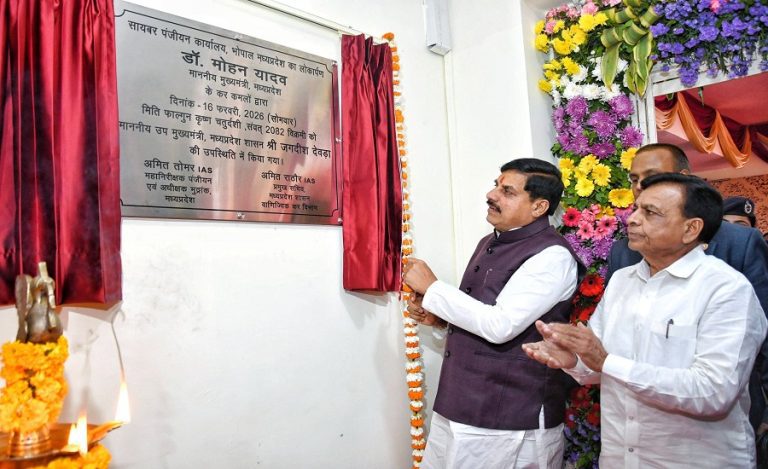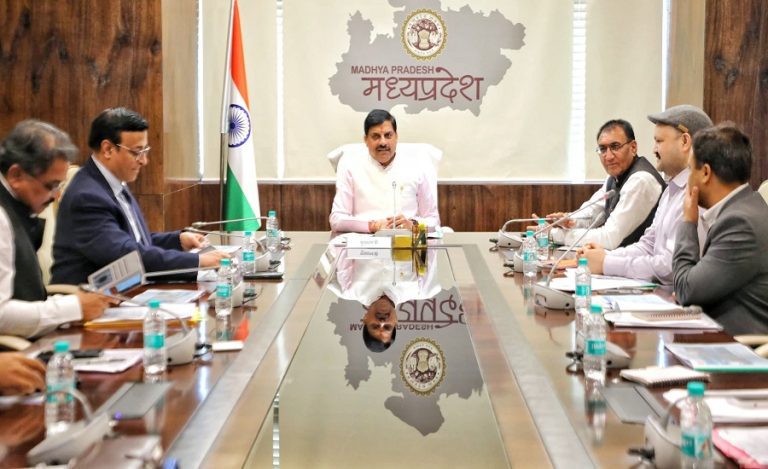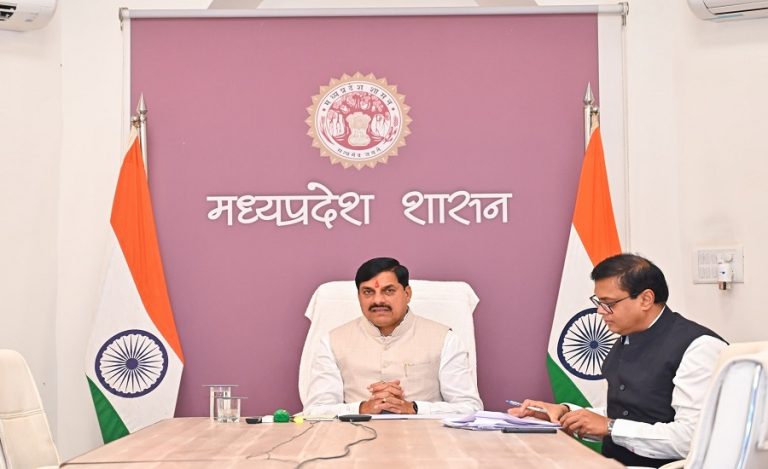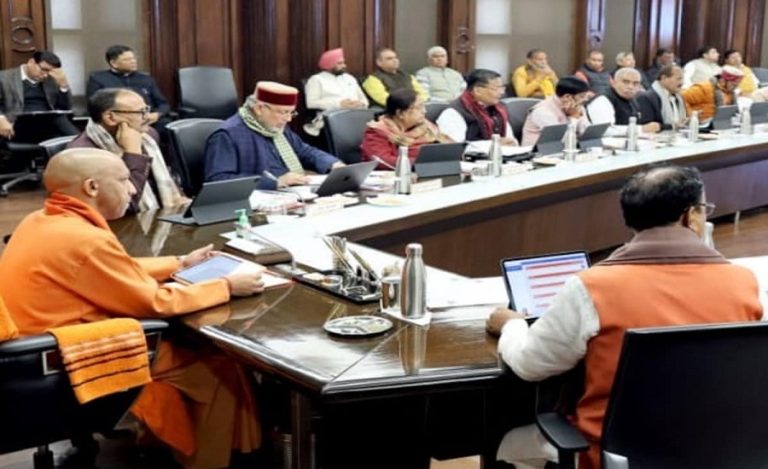Lucknow: In a major anti-corruption move, Uttar Pradesh Lokayukta Justice Sanjay Mishra has recommended action against four IAS officers, 10 municipal and municipal council heads, and 93 other public servants for alleged corruption and misuse of office.
On Tuesday evening, the Lokayukta submitted the annual report for 2024 to Governor Anandiben Patel, which details the findings of investigations against these officials. However, the names of those indicted will remain confidential until the report is formally tabled in the State Assembly, in accordance with the Lokayukta Act.
Complaints Resolved in 2024
- The Lokayukta received a total of 2,131 complaints in 2024.
- Of these, 1,200 were resolved at the preliminary stage.
- 931 cases underwent full investigation, with several found guilty.
- In 115 cases, complainants received complete relief, with financial redress amounting to nearly ₹3.72 crore.
Strengthening Transparency and Accountability
The Lokayukta, established under the Uttar Pradesh Lokayukta and Up-Lokayukta Act, 1975, serves as the state’s anti-corruption watchdog. It investigates allegations of corruption, maladministration, and abuse of power against public servants.
For years, concerns have been raised that Lokayukta recommendations are not always acted upon swiftly, and reports often face delays in being tabled in the Assembly. The latest move, targeting over 100 public servants including senior IAS officers, sends a strong signal towards clean governance and accountability.
Report Submission
Justice Sanjay Mishra was accompanied by Deputy Lokayuktas Dinesh Kumar Singh and Surendra Kumar Yadav, Lokayukta Secretary Dr. Reema Bansal, Chief Investigation Officer Tripurari Mishra, Joint Secretary Rajesh Kumar, and PRO Avneesh Sharma while submitting the report to the Governor.
The Road Ahead
The focus now shifts to how quickly the Uttar Pradesh government acts on these recommendations once the report is tabled in the Assembly. Disciplinary and legal action against guilty IAS officers and other public servants will be a crucial step in reinforcing the state’s commitment to good governance and corruption-free administration.




























